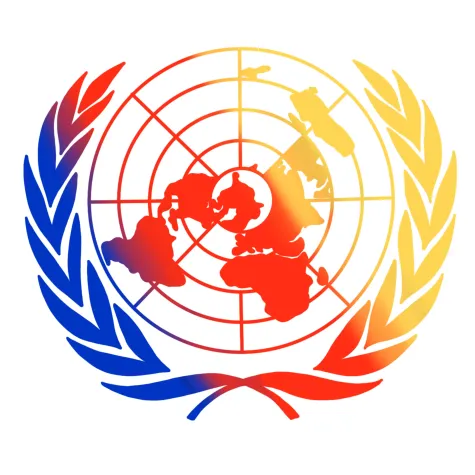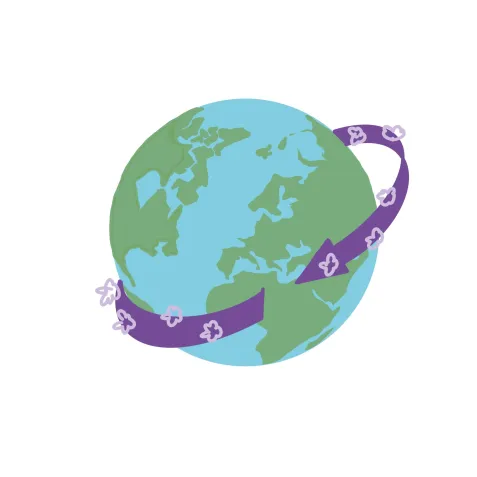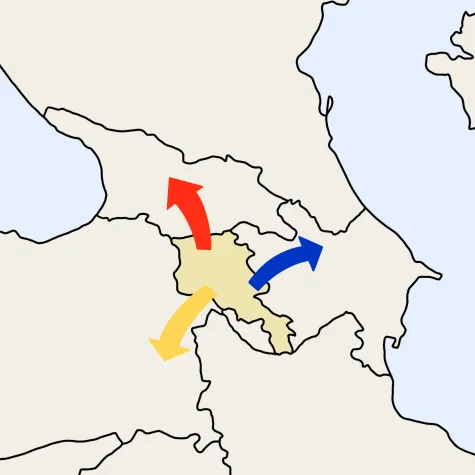The genocide in Rwanda, which unfolded in 1994, stands as a dark chapter in human history, marked by unspeakable atrocities and the failure of the international community to prevent and address the mass violence. As the world watched in horror, the United Nations (UN) found itself entangled in a web of diplomatic challenges that would shape its approach to humanitarian crises for years to come.
The Rwandan genocide happened due to a long-standing ethnic divide between the majority Hutu and minority Tutsi populations. Political tensions, exacerbated by colonial legacies and power struggles, culminated in a wave of violence that left nearly a million people dead in just 100 days. The United Nations had initially deployed their UNAMIR program (United Nations Assistance Mission for Rwanda), led by Canadian General Roméo Dallaire, to oversee the implementation of the Arusha Accords aimed at ending the civil. Unfortunately, the international response to the genocide was marred by indecision, inadequate resources, and a lack of political will. Despite early warnings and pleas for reinforcements from on-the-ground UN personnel, the Security Council failed to take decisive action. UNAMIR was ill-equipped and lacked a clear mandate to intervene effectively and the peacekeeping force, found itself unable to prevent the genocide as violence escalated rapidly. The international community’s failure to provide sufficient troops and resources left UNAMIR paralyzed, unable to fulfill its mandate to protect civilians. Furthermore, the UN Security Council, a representative of the international community, faced internal divisions and geopolitical interests that hindered swift action. The fear of engaging in a complex and potentially costly military intervention, combined with a reluctance to label the events as genocide due to the legal obligations it would entail, contributed to a delayed and ineffective response.
The Rwandan genocide prompted significant reflection within the UN and the broader international community. The failure to prevent and halt the genocide highlighted the need for a more robust and timely response to emerging crises. The international community recognized the importance of early warning mechanisms, rapid deployment capabilities, and a willingness to take decisive action when faced with mass atrocities. In the aftermath of Rwanda, the UN underwent institutional reforms aimed at enhancing its ability to respond to humanitarian crises. The adoption of the Responsibility to Protect (R2P) principle in 2005 reflected a commitment to preventing genocide, war crimes, ethnic cleansing, and crimes against humanity. R2P emphasizes the international community’s responsibility to protect populations when their own governments fail to do so. However, despite these reforms, challenges persist. The UN’s ability to respond effectively to crises is still hampered by conflicting geopolitical interests, resource constraints, and the reluctance of member states to intervene in the affairs of sovereign nations. The lessons of Rwanda continue to echo in subsequent conflicts, such as those in Bosnia, Darfur, and Syria, further underscoring the need for ongoing commitment to the prevention of mass atrocities.
The UN’s lacking reaction to the genocide in Rwanda remains a painful reminder of the consequences of inaction in the face of mass atrocities. While progress has been made in recognizing and addressing these challenges, the world must remain vigilant to prevent history from repeating itself. The legacy of Rwanda serves as a call to action for a more robust, decisive, and coordinated international response to protect vulnerable populations in times of crisis.
Sources:
BBC News. “Rwanda Marks 20 Years Since Genocide.” BBC, BBC, 7 April 2014, https://www.bbc.com/news/world-africa-26875506.
Written by Aava Ghorbanian Edited by Sophia Huang

 A History of Genocides Around the Globe
A History of Genocides Around the Globe